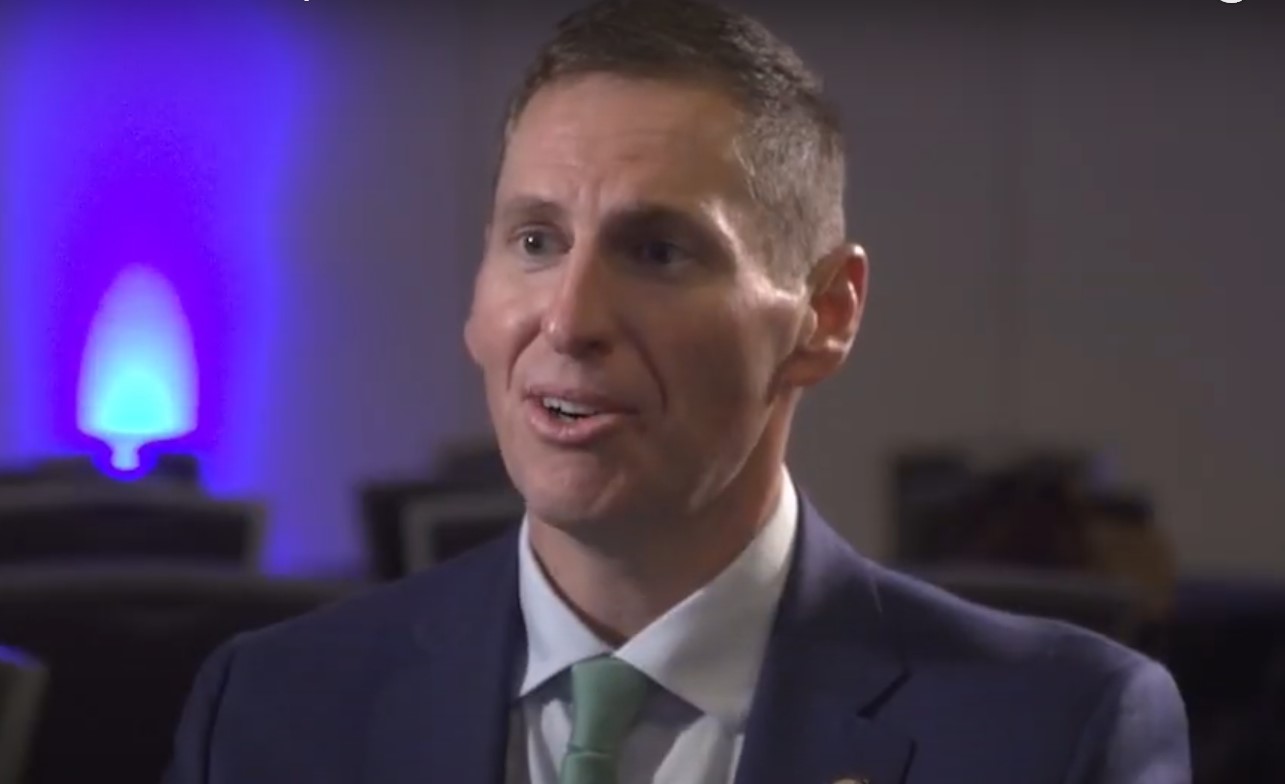Report: Moscow Offers India Steep Discounts on Oil amid Global Sanctions
Russian Foreign Minister Sergei Lavrov reportedly offered Indian Prime Minister Narendra Modi deep discounts on oil during a secretive meeting in New Delhi on Friday.
Russia seeks relief from massive international sanctions imposed after its invasion of Ukraine last month, while oil-hungry India is one of the few nations that has refused to condemn the invasion.
Bloomberg News reported on Wednesday that India is considering a Russian proposal to buy oil using “rupee-ruble denominated payments” made using the Russian central bank’s System for Transfer of Financial Messages (SPFS) transaction system. SPFS is similar in concept to the international SWIFT financial messaging system, from which Russia was partially banned at the beginning of March.
“Under the proposal, rubles will be deposited into an Indian bank and converted into rupees and the same system will work in reverse… Undecided elements include whether the exchange rate will be fixed or floating,” Bloomberg reported.
Russia’s proposal also reportedly includes linkage between the payment systems employed for credit cards by Indian and Russian banks, an arrangement that would help Russia deal with the loss of Visa and Mastercard services.
Lavrov said on Friday that Russia “appreciates” India refusing to view the invasion of Ukraine in a “one-sided way.” India’s WION News said that appreciation was expressed with “steep discounts on the direct sales of oil” – discounts as high as $35 a barrel on the prices Russia was charging a month ago.
WION quoted analysts who said even if such a deal is struck, India’s refineries are “not configured to buy a lot of Russian oil,” so total imports might not increase much by volume.
The Times of India noted on Thursday that the agenda for Lavrov’s meetings with [India’s Foreign Minister S.] Jaishankar and Modi is rather secretive, and the Russian foreign minister was able to secure a meeting with Modi after U.S. and British officials were turned away:
A media advisory on Lavrov’s visit issued by the Ministry of External Affairs has not mentioned any meeting between the Russian foreign minister and the [Indian] prime minister. The Russian foreign minister arrived in India after concluding a two-day visit of China.
His visit to India coincides with that of U.S. Deputy National Security Adviser Daleep Singh and British Foreign Secretary Liz Truss – neither was able to meet the PM.
Last week, Chinese Foreign Minister Wang Yi visited India – he was also not able to meet PM Modi.
Truss was clearly displeased by this state of affairs. On Thursday, she had what the Indian Express described as “an unscripted sharp exchange” with Jaishankar on the subject of India buying discounted Russian oil:
“India is a sovereign nation. I’m not going to tell India what to do. What I have said is as a member of the UK Government that has signed up to the Budapest Memorandum, I feel a strong responsibility on behalf of the United Kingdom to take all the action we can, to support the people of Ukraine but that is not the same as going around telling other countries what to do,” Truss said.
Jaishankar responded by insisting the Indian government cannot be blamed for shopping for “good deals.” He pointed out Europe’s purchases of Russian oil are larger and growing faster than India’s.
“I am pretty sure if we wait two or three months and actually look at who are the big buyers of Russian gas and oil, I suspect the list won’t be very different from what it used to be. And I suspect we won’t be at the top ten of that list,” he said.
Singh, the U.S. deputy national security adviser, delicately offered to “help India diversify its energy resources” but said “there is no prohibition at present on energy imports from Russia.”
“Friends don’t set red lines,” said Singh, right before he drew something that looked quite a bit like a line with a somewhat reddish color: “What we would not like to see is a rapid acceleration of India’s imports from Russia as it relates to energy or any other exports that are currently being prohibited by us or by other aspects of the international sanctions regime.”
" Conservative News Daily does not always share or support the views and opinions expressed here; they are just those of the writer."





Now loading...